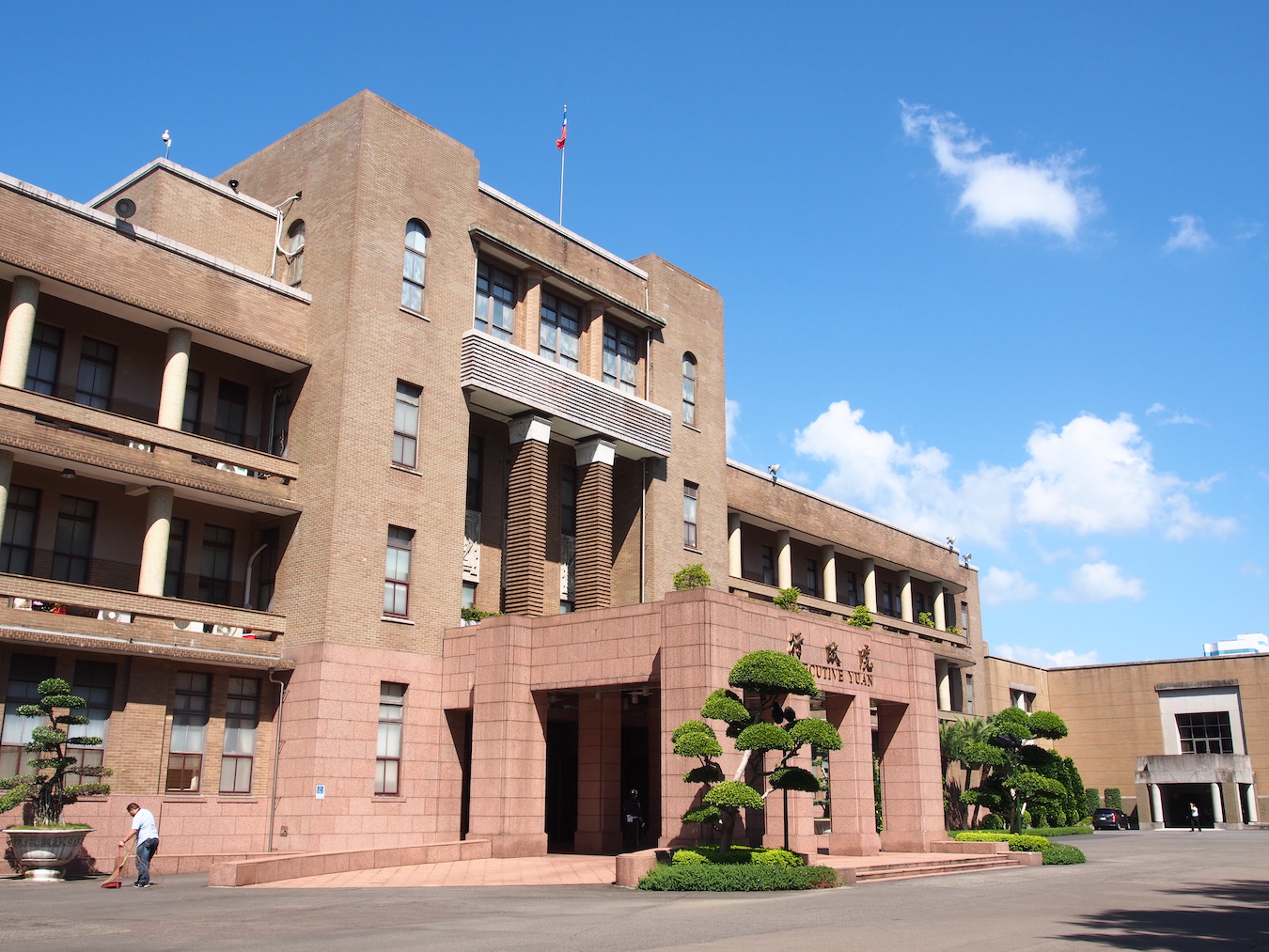by Brian Hioe
語言:
English
Photo Credit: Fcuk1203/WikiCommons/CC
THE TSAI ADMINISTRATION announced new plans to allow residency from blue-collar migrant workers earlier this week, with the Executive Yuan signing off on a plan that would allow migrant workers to secure residency if they are classified as “intermediate skilled manpower” by their employers.
Blue-collar migrant workers can be classified as “intermediate skilled manpower” by their employers through an application if they work six years in their respective fields. It will take another five years of work in that field for them to qualify for residency. This applies to all of the major categories of migrant workers in Taiwan, including those that work in factories, agriculture, forestry, as construction workers, as migrant fishermen, or as domestic workers that take care of the elderly. Factory workers, construction workers, agriculture, and migrant fishermen will need to make 33,000 NT per year and 500,000 NT per year to qualify for the “intermediate skilled manpower” category, while caregivers of the elderly need to make 24,000 NT per month if they work in homes and 29,000 NT per month if they work in institutions.
The Executive Yuan will also loosen current restrictions on university graduates that have graduated from Taiwanese universities, with graduates classified as “intermediate skilled manpower” if they have an associate’s degree from a Taiwanese university and make salaries of at least 30,000 NT per month for their first job after graduating. They, too, will be able to apply for permanent residency in Taiwan after five years, but this will require that their salaries have increased to 50,000 NT per month.
Such moves by the Tsai administration are probably related to Taiwan’s current need for migrant labor because of labor shortages, as a result of the effects of COVID-19. This is particularly felt in the manufacturing industry, with migrant workers constituting the backbone of electronics manufacturing in Taiwan. In order to maintain its current dominance over the semiconductor manufacturing industry–something that increases the incentive for other countries to defend Taiwan from Chinese invasion–addressing this labor shortage is critical.
 Executive Yuan. Photo credit: Venation/WikiCommons/CC
Executive Yuan. Photo credit: Venation/WikiCommons/CC
It was previously the case that migrant workers in Taiwan were only allowed to travel and work in Taiwan alone, requiring them to leave behind their families, and were not amenable to them staying long-term in Taiwan. Lack of adequate legal frameworks have resulted in incidents involving migrant workers separated from their children born in Taiwan, if mothers were not able to stay in Taiwan, but the parent of one of their children was Taiwanese.
New laws establish a path to residency, but with many migrant workers making less than minimum salary in Taiwan and only around 20,000 NT per month, this path may still be out of reach for all except a few workers. Likewise, migrant workers may still not have ways to bring their families over to Taiwan, even if they themselves are able to secure residency.
And, to this extent, one notes that the new system continues to maintain the power that employers have over their workers, with employers having the power to grant or not workers “intermediate skilled manpower” status.
One notes that the Tsai administration has proved reluctant to allow migrant workers to freely transfer between work categories or employers, as Taiwanese are able to. The Tsai administration also recently announced that work transfers would have to take place through government-run agencies going forward, strengthening the power that employers have over workers.
In particular, the view seems to prevail among some sectors of government that migrant workers seek to transfer jobs in the pursuit of easier work for higher pay, with factory jobs viewed as particularly desirable. This is to ignore that migrant workers are taking on the “dirty,” “dangerous” and “demeaning” jobs that Taiwanese do not want.
Since the development of COVID-19 clusters among migrant workers at electronics factories in Miaoli, due to crowded conditions in factories and dormitories, migrant workers are also susceptible to being targeted by Draconian measures supposedly aimed at preventing the spread of COVID-19. This includes being confined to their dormitories and not allowed to freely move at will.
As such, given such precedents, even with the new residency plan, it is possible that migrant workers will simply be treated as second-class residents. Migrant workers may still be denied freedoms that other residents of Taiwan have, even if they are able to acquire residency status. The overall treatment of migrant workers in Taiwan would seem to indicate this.

